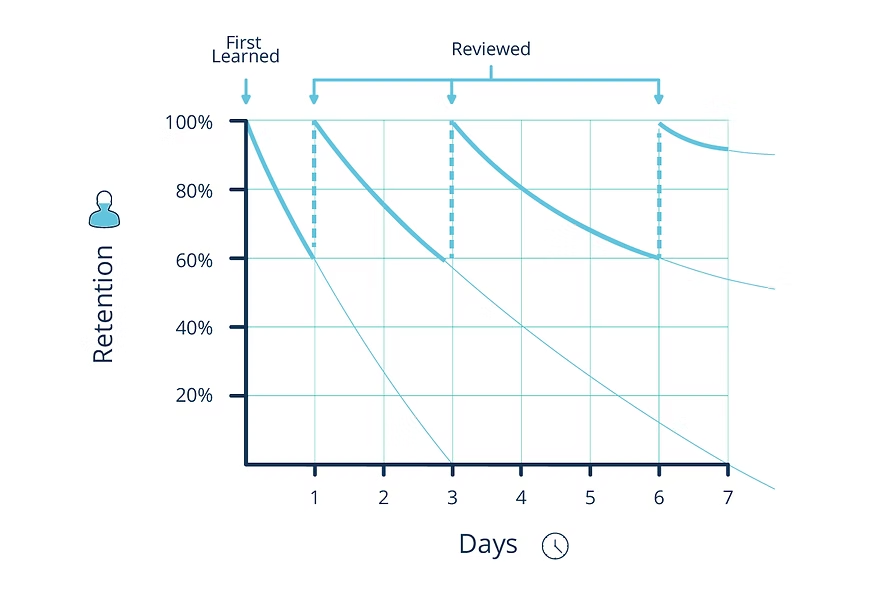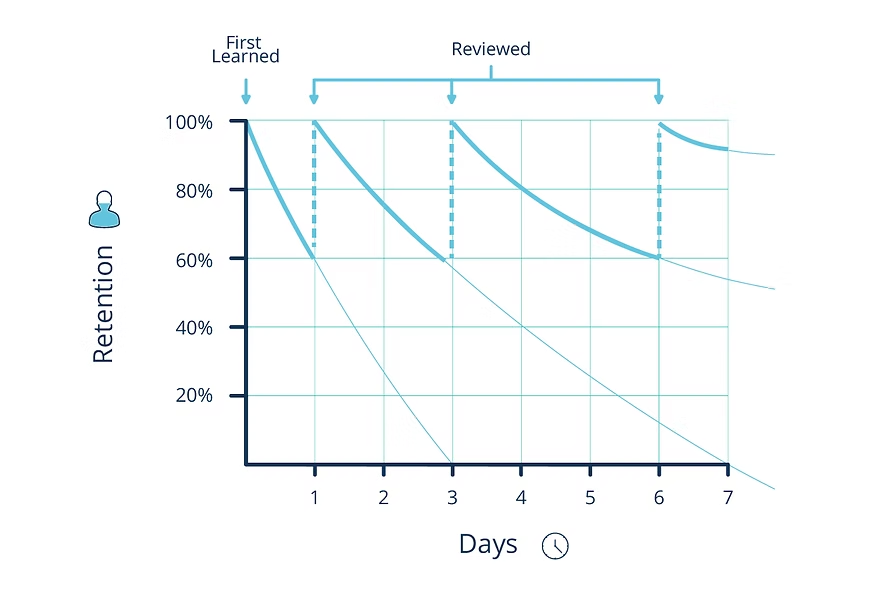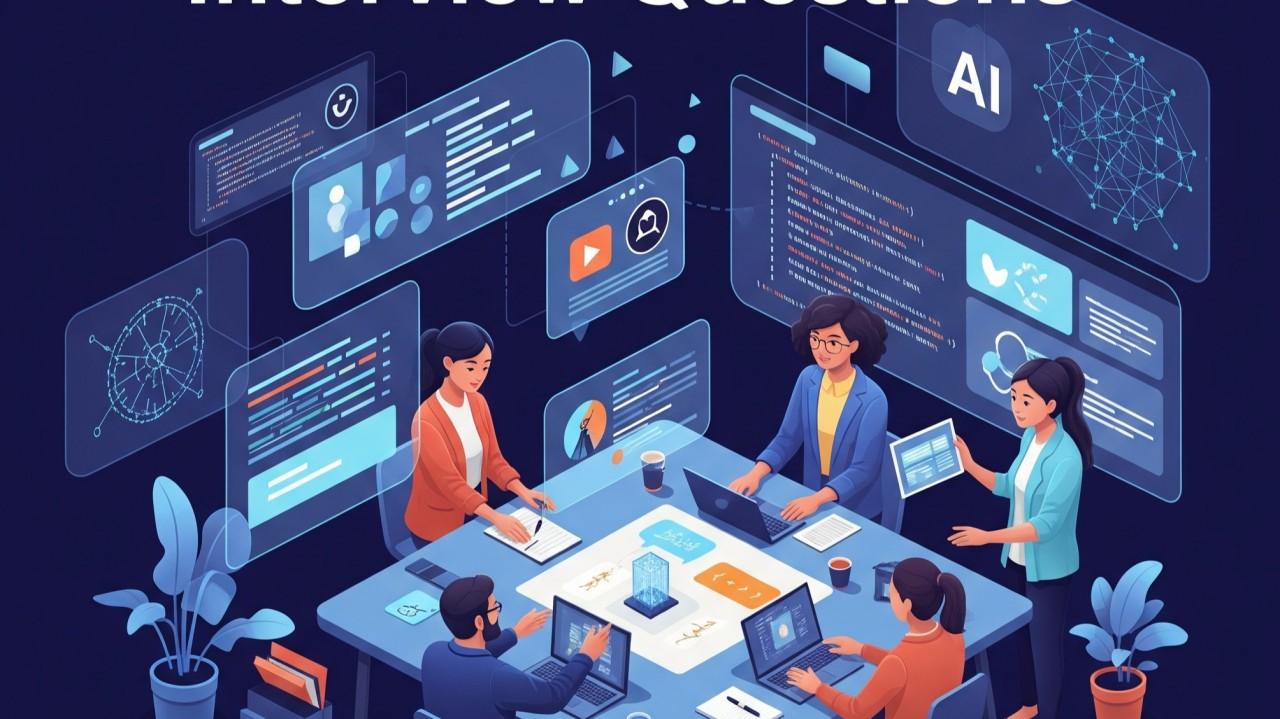Preparing for interviews at top tech companies like Facebook, Amazon, Apple, Netflix, and Google (FAANG) can be a daunting task. To succeed, you need a focused and strategic approach to your FAANG interview preparation. At Interview Node, we understand the unique challenges that software engineers face in this process. Our mission is to help you learn more effectively and efficiently, ensuring you're ready to tackle even the toughest interview questions. In this blog post, we'll explore proven learning methodologies that can help you maximize your study time and achieve your career goals.
1. Understanding the Challenges
Software engineers often face significant challenges when preparing for FAANG interviews. The sheer volume of information to cover, coupled with the complexity of coding problems, can be overwhelming. Moreover, many professionals juggle interview preparation with full-time jobs, making time a precious commodity. Therefore, finding efficient learning strategies is crucial.
2. Effective Learning Methodologies
Research in cognitive science and educational psychology has identified several effective learning methodologies that can significantly enhance adult learning. Let's delve into three of the most impactful techniques: spaced repetition, active recall, and interleaved practice.
3. Spaced Repetition
Explanation: Spaced repetition involves reviewing information at increasing intervals over time. This technique leverages the spacing effect, where information is more easily recalled if exposure is spaced out over time.
Benefits:
Studies have shown that spaced repetition can improve long-term retention of information.
It reduces the forgetting curve, helping you remember concepts and solutions for longer periods.
Implementation for Coding Interviews:
Use flashcards to remember algorithms, data structures, and key coding concepts.
Tools like Anki can help automate the spaced repetition schedule.

Source:https://www.growthengineering.co.uk/spaced-repetition/
4. Active Recall
Explanation: Active recall is the process of actively stimulating memory during the learning process. Instead of passively reviewing notes, you test yourself on the material.
Benefits:
Active recall has been shown to enhance memory retention and understanding.
It encourages deeper engagement with the material, leading to better problem-solving skills.
Practical Applications:
Practice coding problems without looking at the solutions. Try to solve them from memory.
Use mock interviews and coding challenges to test your knowledge actively.
5. Interleaved Practice
Explanation: Interleaved practice involves mixing different topics or types of problems within a single study session. This contrasts with blocked practice, where one type of problem is practiced repeatedly before moving on to another type.
Benefits:
Research indicates that interleaved practice can improve the ability to transfer learned skills to new situations.
It helps in developing problem-solving flexibility, crucial for FAANG interviews.
How to Implement:
Mix different types of coding problems in your practice sessions. For example, combine array problems with graph problems.
Use platforms like LeetCode, which offer a variety of problems to practice interleaved learning.
6. Applying These Techniques to FAANG Interview Preparation
Step-by-Step Guide:
Identify Key Topics: List out the important algorithms, data structures, and coding concepts.
Create a Study Schedule: Incorporate spaced repetition and interleaved practice into your schedule.
Use Active Recall: Regularly test yourself on the material without referring to notes.
Utilize Tools and Resources: Use tools like Anki for spaced repetition and LeetCode for interleaved practice.
Practice, Review, and Adapt: Continuously adapt your study methods based on what works best for you.
By adopting proven learning methodologies like spaced repetition, active recall, and interleaved practice, you can prepare more effectively for FAANG interviews. These techniques not only enhance your learning efficiency but also help you build a strong foundation for a successful and fulfilling career. At Interview Node, we're here to support you every step of the way. Start implementing these strategies today, and take a significant step towards achieving your dream job.






